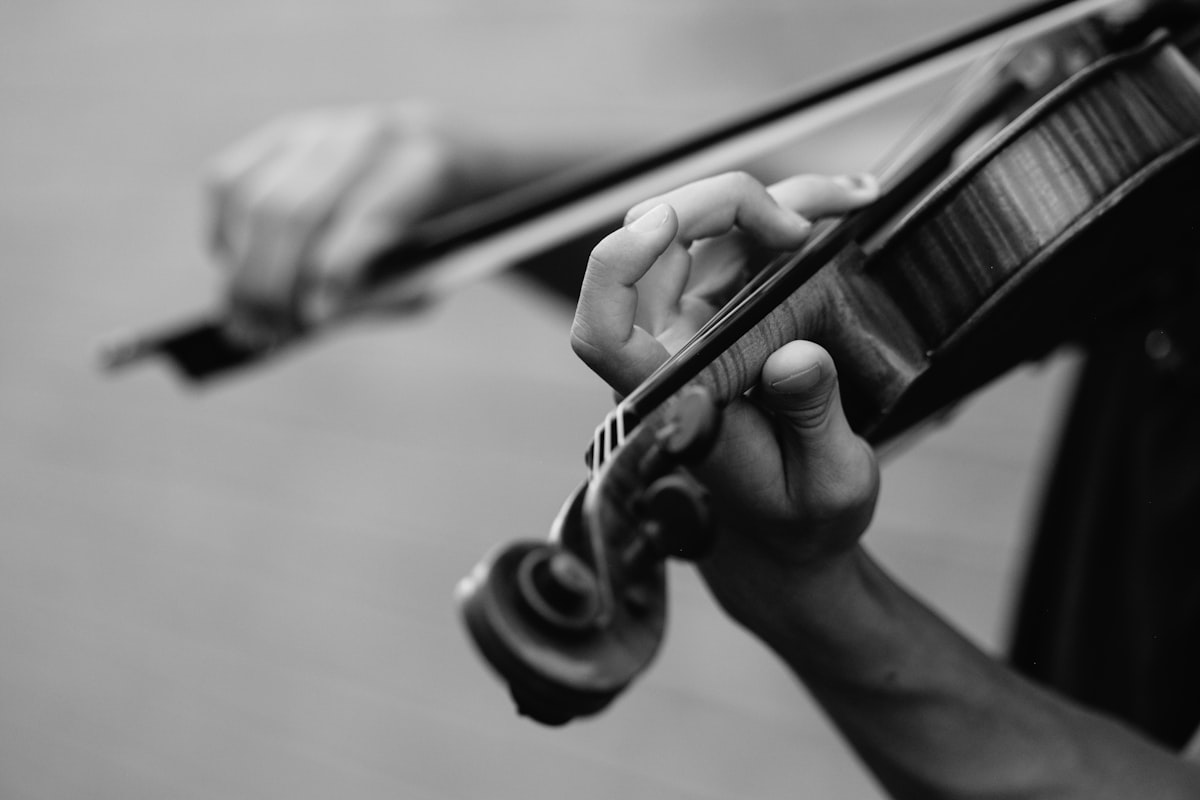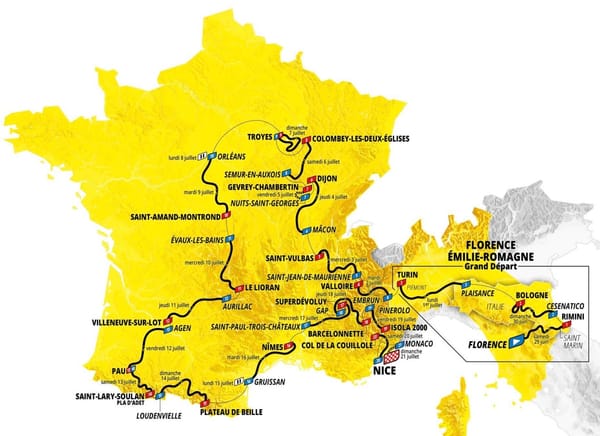The "10k-hour rule" Debunked Once More
Debunking the 10,000-Hour Rule: New Study Highlights Role of Genetics in Skill Development, Countering Myth of Hard Work Alone as Key to Success.

In my opinion, one of the greatest tricks played on the masses is the idea that what separates the haves from the have nots is simply a lack of willingness to work hard. It's a PR friendly way to say, "We're not billionaires because of luck, early access to computers, or a complete lack of empathy! We're billionaires because you don't work hard enough!"
Anyone paying attention in the world of psychology has become familiar with the trend of classic experiments failing under stringent retesting. Many of these debunked theories initially offered insights into self-improvement, so their discreditation can be disheartening. However, the recent replication of a notable 1993 study on violinists, published in Royal Society Open Science, brings a sense of relief.
The original 1993 study in Psychological Review suggested a straightforward, captivating idea: the most skilled violinists, those deemed elite, had practiced the most. This led to the belief that deliberate practice was paramount for reaching elite status, overshadowing innate traits like genetics or personality. This concept gained popularity through Malcolm Gladwell's book "Outliers" and the proposed "10,000-hour rule," suggesting that this amount of practice was essential for greatness, a notion supported by anecdotes of famous figures and the 1993 study.
However, the recent replication by Brooke Macnamara and Megha Maitra from Case Western Reserve University, which featured a larger sample size and tighter controls, challenges this idea. Their findings show that while practice is important, it's not as crucial as initially claimed, and it impacts elite performers differently. Surprisingly, many top violinists practiced less than their good counterparts, contradicting the original claim of practice accounting for 48% of skill difference, as it only accounted for 26%.
This is consistent with previous studies diminishing the 10,000-hour rule's significance, like a 2016 meta-analysis in Perspectives in Psychological Science. That study found practice only accounted for 18% of athletic success, indicating other factors like genetics and personality play a larger role. This underscores that practice improves performance but doesn't necessarily bridge the gap between natural talent and average ability.
These findings counter the exhausting notion that greatness is solely a result of hard work, a concept that can lead to self-deprecation when one doesn't achieve high levels. It also challenges the meritocracy myth and highlights the importance of accepting mediocrity and finding joy in it. For instance, despite being a slow, clumsy hiker and an average painter, I've learned to enjoy these activities without the pressure of excelling.
In summary, the debunking of the 10,000-hour rule should be seen as liberating. It suggests we don't have to hold ourselves to unrealistic standards of excellence to enjoy activities or feel valued. While improvement is possible with effort, we shouldn't feel compelled to continually surpass ourselves.





